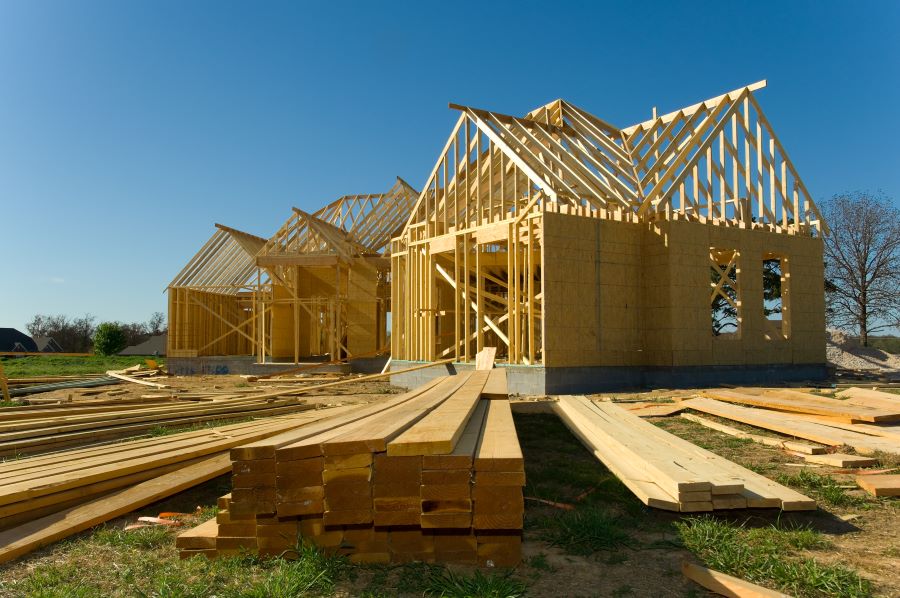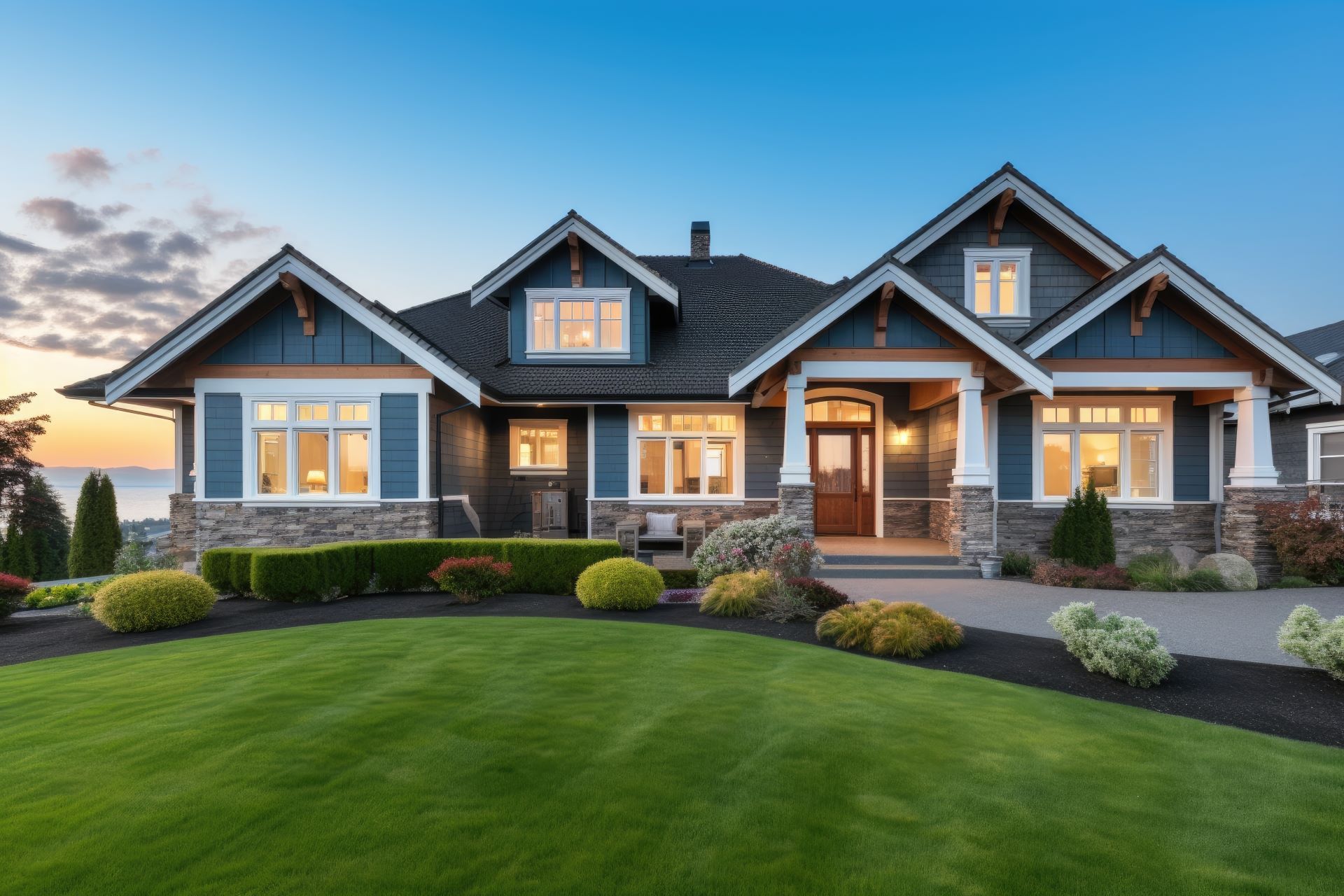by Twenty40 Companies
Share
by Twenty40 Companies
Share

When it comes to finding your dream home, the decision between building and buying is a crucial one. One common misconception is that building a home is always more expensive than buying an existing one. However, the reality is more nuanced, and several factors should be considered before reaching a conclusion. In this article, we’ll explore the costs associated with building a home versus buying an existing one, helping you make an informed decision.
Cost factors to consider?
Upfront Costs
When you buy an existing home, the upfront costs typically include the down payment, closing costs, and possibly some minor renovations or modifications. On the other hand, building a home requires a different set of upfront expenses, such as purchasing land, obtaining permits, architectural and engineering fees, and construction costs. While these costs can vary significantly based on location and size of the project, building a home generally involves higher upfront expenses.
Customization and Modifications
One of the primary advantages of building a home is the ability to customize it to suit your preferences. When you buy an existing home, you may need to invest in renovations or modifications to align it with your desired style and functionality. These additional expenses can add up quickly. However, building a home allows you to incorporate your vision from the beginning, potentially reducing the need for extensive modifications down the line.
Ongoing Maintenance
Buying an older home often means inheriting the existing maintenance and repair issues. Older homes may require more frequent repairs and updates, which can be an ongoing expense. Building a new home, on the other hand, typically comes with fewer immediate maintenance concerns since all the systems and components are brand new. However, it’s essential to consider the long-term maintenance costs associated with maintaining a new home as it ages.
Energy Efficiency and Operating Costs
Newly constructed homes are often built with energy-efficient materials and systems, which can result in lower utility bills compared to older homes. Modern construction techniques and technologies allow for better insulation, efficient HVAC systems, and smart home features. While these energy-saving features may increase the upfront cost of building, they can provide long-term savings on monthly utility bills.
Resale Value and Appreciation
Both building and buying a home can be considered an investment. Existing homes may have a well-established market value, while newly built homes may have a higher resale value due to their modern features and energy efficiency. However, the appreciation of a property depends on various factors, such as location, market conditions, and overall demand. It’s crucial to research the local real estate market and consult with professionals to gauge the potential appreciation of the property you are considering.

Is building or buying more expensive?
Buying a Home
Generally, buying an existing home may be less expensive upfront than building one, especially if you find a property in a buyer’s market or an area with lower real estate prices. You might be able to negotiate a better deal with the seller, especially if the house has been on the market for a while. Existing homes might come with added value, such as mature landscaping, established neighborhoods, and amenities.
However, it’s important to remember that older homes may require maintenance and repairs, which can add to the overall cost over time.
Building a Home
Building a home allows you to customize it according to your preferences and needs, which can be a significant advantage. You have more control over the quality of materials and construction, potentially leading to lower maintenance costs in the early years. Newer homes are often built with more energy-efficient materials, which could result in long-term savings on utility bills.
On the downside, building a home can be more expensive upfront due to various expenses such as land acquisition, architectural and design fees, construction costs, permits, and more.
Ultimately, the decision between buying and building a home comes down to your individual circumstances, priorities, and financial situation. If you find a suitable existing home that meets your needs and budget, buying may be the more cost-effective option. On the other hand, if you have specific preferences and are willing to invest in a custom-built home, building might be the way to go.
Before making a decision, it’s crucial to research and compare the costs, benefits, and potential risks of both options thoroughly. It’s also advisable to consult with real estate professionals and builders like the ones here at Twenty40 Companies as well as financial advisors to get a clearer picture of what would work best for you. It can provide valuable insights and guidance to help you make the best choice for your future.
STAY IN THE LOOP
Subscribe to our free newsletter.
Pack your ghost gear for a road trip and tour Iowa most haunted spaces
The Pros and Cons of purchasing a home on contract





